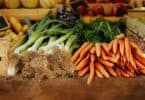Are you a beginner cook looking to enhance the flavor of your dishes? Well, here’s an interesting statistic for you: did you know that proper seasoning and experimenting with different spices and herbs can make a world of difference in your cooking?
In this article, we’ve got you covered with tips to help you take your flavor game to the next level. From mastering the art of seasoning to exploring new recipes and techniques, we’ll show you how to add that extra oomph to your meals.
So, let’s dive in and discover the freedom of flavor!
Key Takeaways
- Proper seasoning is essential for enhancing flavors.
- Experiment with different spices and herbs.
- Following recipes helps beginners learn important cooking skills.
- Make small changes to recipes as you gain experience.
The Importance of Proper Seasoning
Experiment with different combinations of seasonings to find the perfect balance of flavors that suits your taste. Proper seasoning is of utmost importance when it comes to enhancing the flavors of your dishes.
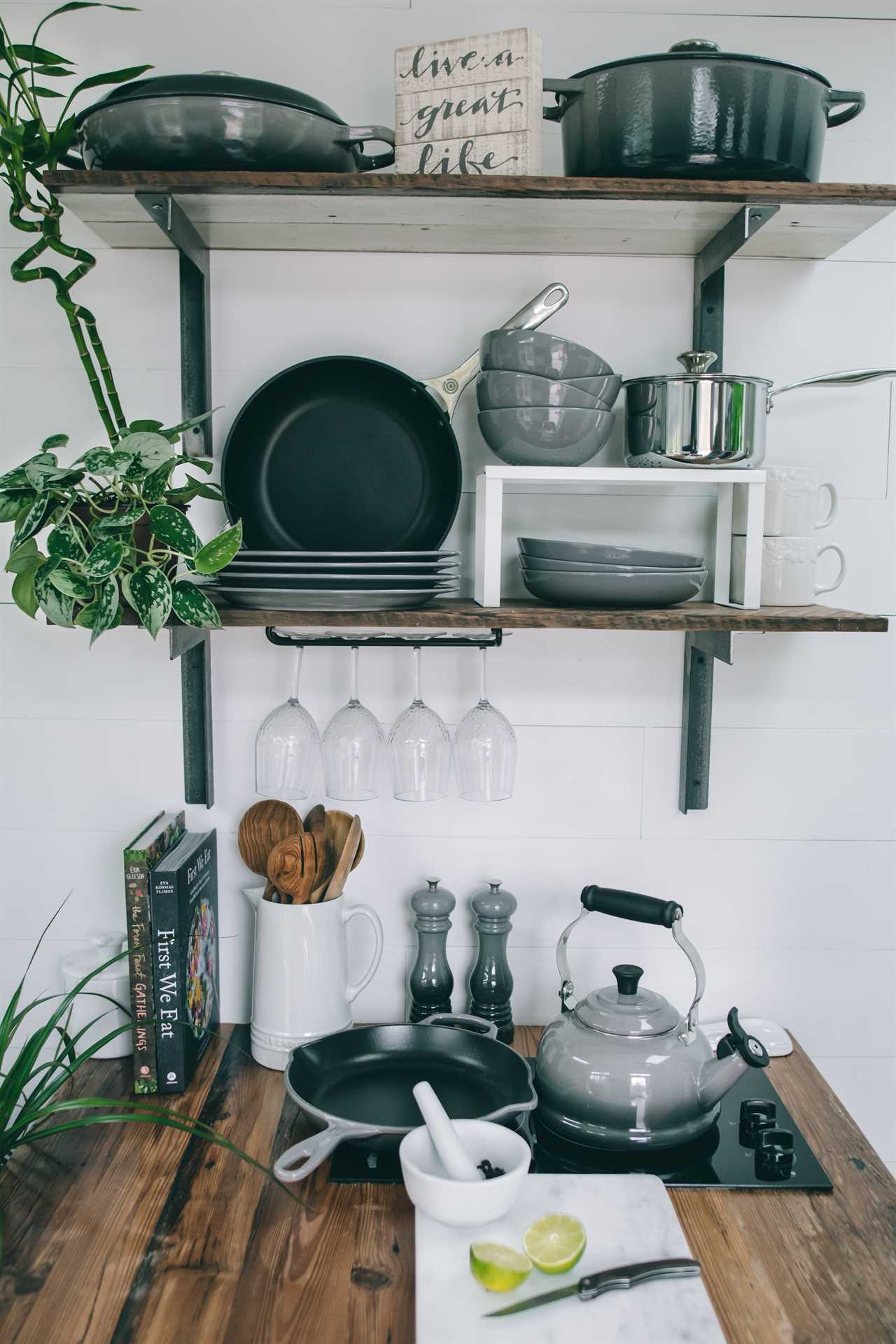
There are different types of seasonings you can use, such as spices and herbs, to add depth and complexity to your meals. Basic seasonings like salt, black pepper, and cayenne pepper are versatile and can be used in a variety of dishes. However, don’t be afraid to try out unique spice combinations to create new and exciting flavors.
Mastering Recipe Following and Modification
Make small changes to recipes as you gain experience, so you can customize them to your liking. Recipe modification allows you to explore your creativity and make dishes that truly reflect your taste. Here are some tips for modifying recipes and making creative substitutions:
-
Swap ingredients: Don’t be afraid to substitute ingredients based on what you have or prefer. For example, replace butter with coconut oil for a vegan twist or use Greek yogurt instead of mayonnaise for a healthier option.
-
Adjust quantities: Feel free to adjust the quantities of ingredients to suit your preferences. If you like more spice, add extra chili flakes. If you want a sweeter dessert, increase the amount of sugar.
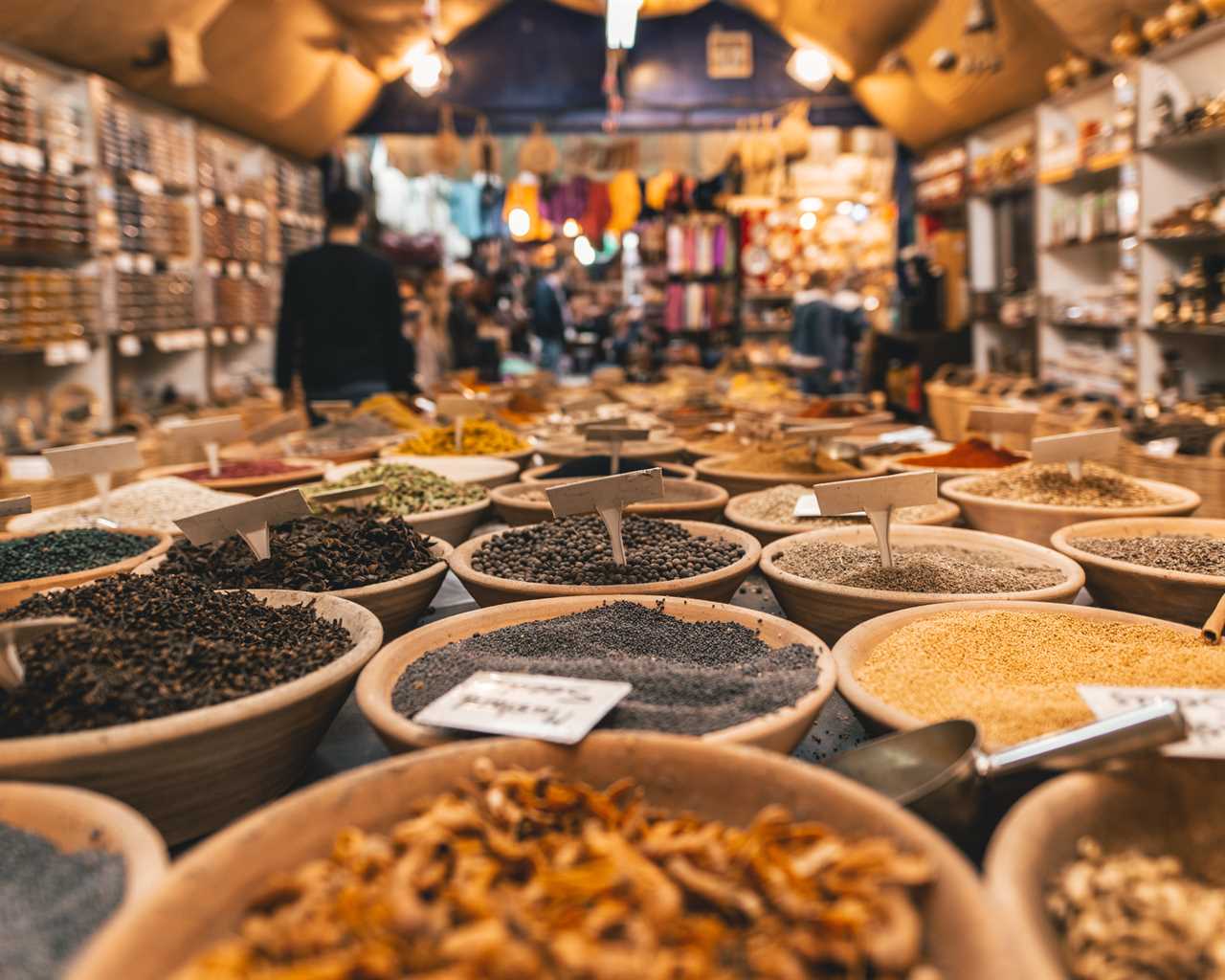
-
Experiment with flavors: Try experimenting with different spices, herbs, and seasonings to add a unique twist to your recipes. Don’t be afraid to combine unexpected flavors for a truly innovative dish.
Essential Kitchen Tools and Equipment
Invest in kitchen tools that align with the meals you plan to cook, as having the right equipment can greatly enhance your culinary experience. Choosing the right tools is essential for efficient and enjoyable cooking. Consider investing in a durable blender or a good set of knives, based on your cooking needs and budget. Proper maintenance and storage are also crucial to prolong the lifespan of your kitchen tools. Clean and dry them after each use, and store them in a safe and organized manner. To help you make informed choices, here is a table showcasing some essential kitchen tools and their uses:
| Tool | Use |
|---|---|
| Chef’s Knife | Versatile for chopping, slicing, and dicing |
| Non-Stick Pan | Ideal for cooking delicate foods without sticking |
| Silicone Spatula | Perfect for scraping bowls and pans |
| Whisk | Essential for mixing and incorporating air into ingredients |
| Measuring Cups and Spoons | Accurate measurement for recipes |
Investing in the right tools and properly maintaining them will not only make your cooking experience more enjoyable but also ensure that your tools last longer, saving you money in the long run. Happy cooking!
Seeking Out Quality Ingredients
When seeking out quality ingredients, you can seek advice from local butchers or farmers markets for high-quality meat and produce. These sources often offer a wide variety of fresh and locally sourced ingredients that can take your dishes to the next level.
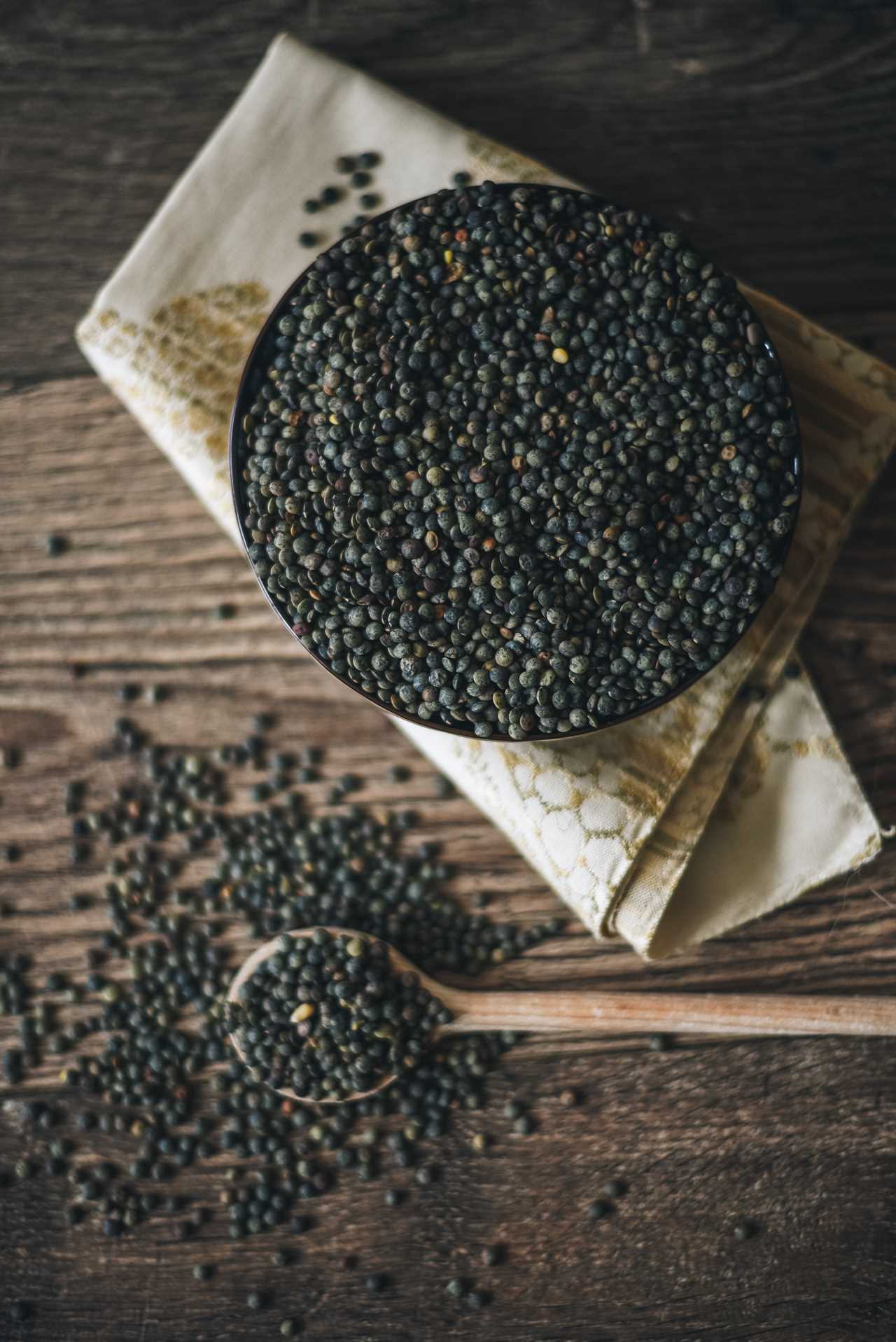
By sourcing the best ingredients, you are not only ensuring the highest quality and flavor but also supporting local businesses and sustainable farming practices.
Exploring local markets allows you to discover unique and seasonal ingredients that may not be readily available in supermarkets. You can find a diverse range of fruits, vegetables, herbs, and spices that will add depth and complexity to your cooking.
The Art of Accurate Measurement
Improve the accuracy of your cooking by using measuring tools like cups and scales. Accurate measurement techniques are essential for achieving precision in your recipes.
When measuring ingredients for precision, it’s important to follow specified measurements, especially for seasoning. Using measuring tools ensures the right balance of flavors in your dish and helps you achieve consistent results every time.
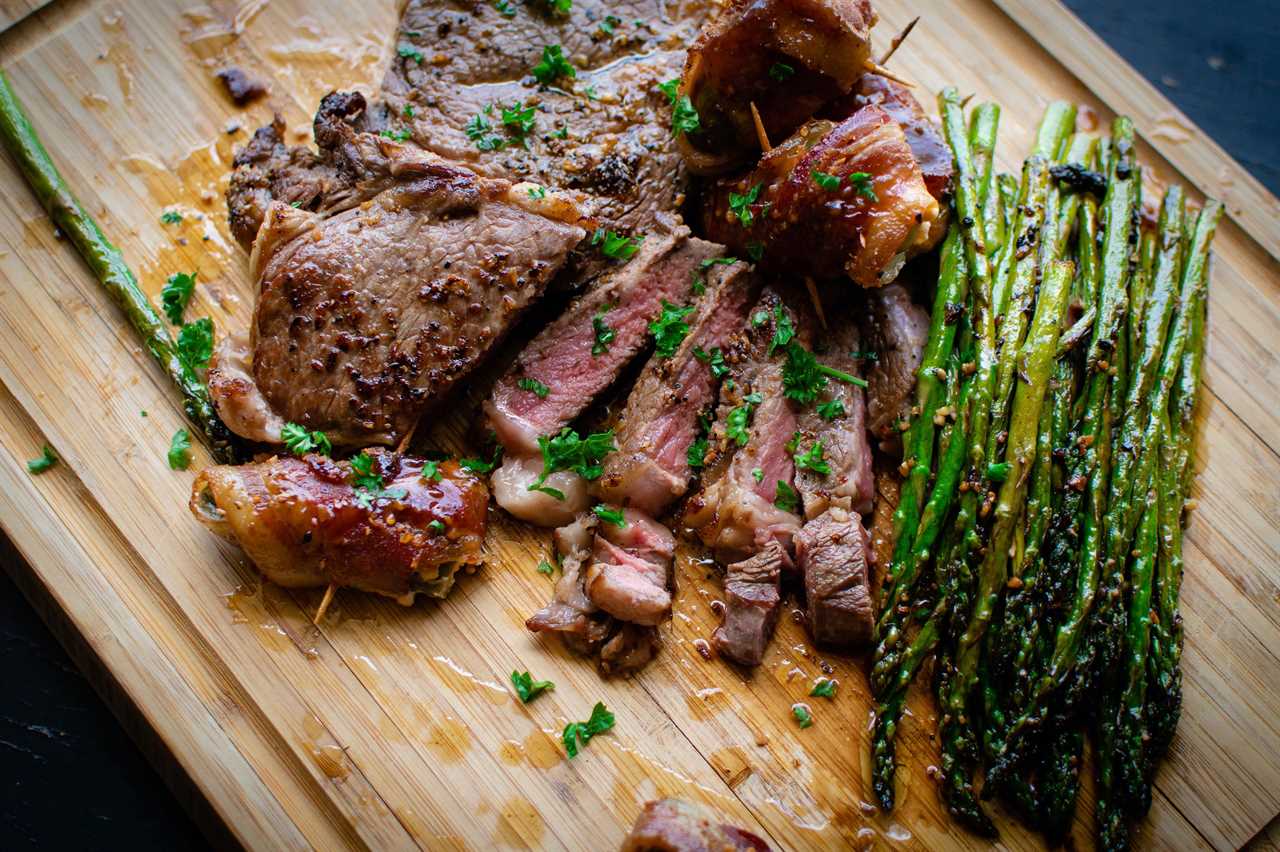
Pre-measuring ingredients saves time and reduces stress in the kitchen, allowing you to focus on the cooking process. Whether you’re measuring flour, liquids, or spices, using cups and scales will give you the confidence to create delicious meals with freedom and creativity.
Enhancing Flavors With Brining and Marinating
To enhance the flavors of your dishes, try experimenting with different brining and marinating techniques using store-bought or homemade marinades.
Brining techniques involve soaking meat in a mixture of water and salt, which helps to make it moist and tender.
Marinating techniques, on the other hand, involve coating or submerging meat in a flavorful liquid to impart delicious flavors.
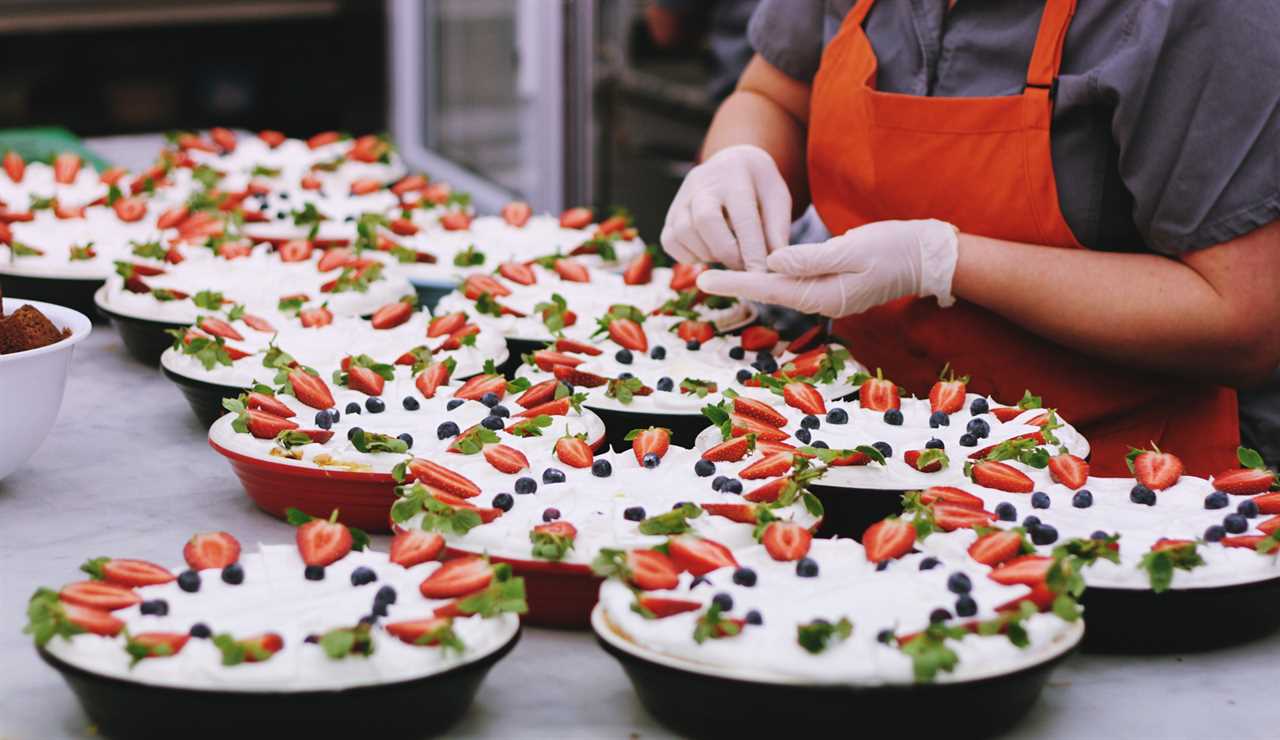
Here are three ways you can elevate your culinary creations:
-
Infuse flavors: Use a variety of spices, herbs, and seasonings in your brines and marinades to create unique and delicious flavor profiles.
-
Tenderize meat: Brining and marinating can help break down the proteins in meat, resulting in more tender and juicy dishes.
-
Experiment with ingredients: Don’t be afraid to get creative and try different combinations of flavors in your brines and marinades. Mix and match ingredients like citrus juices, soy sauce, vinegar, or even beer to add depth and complexity to your dishes.
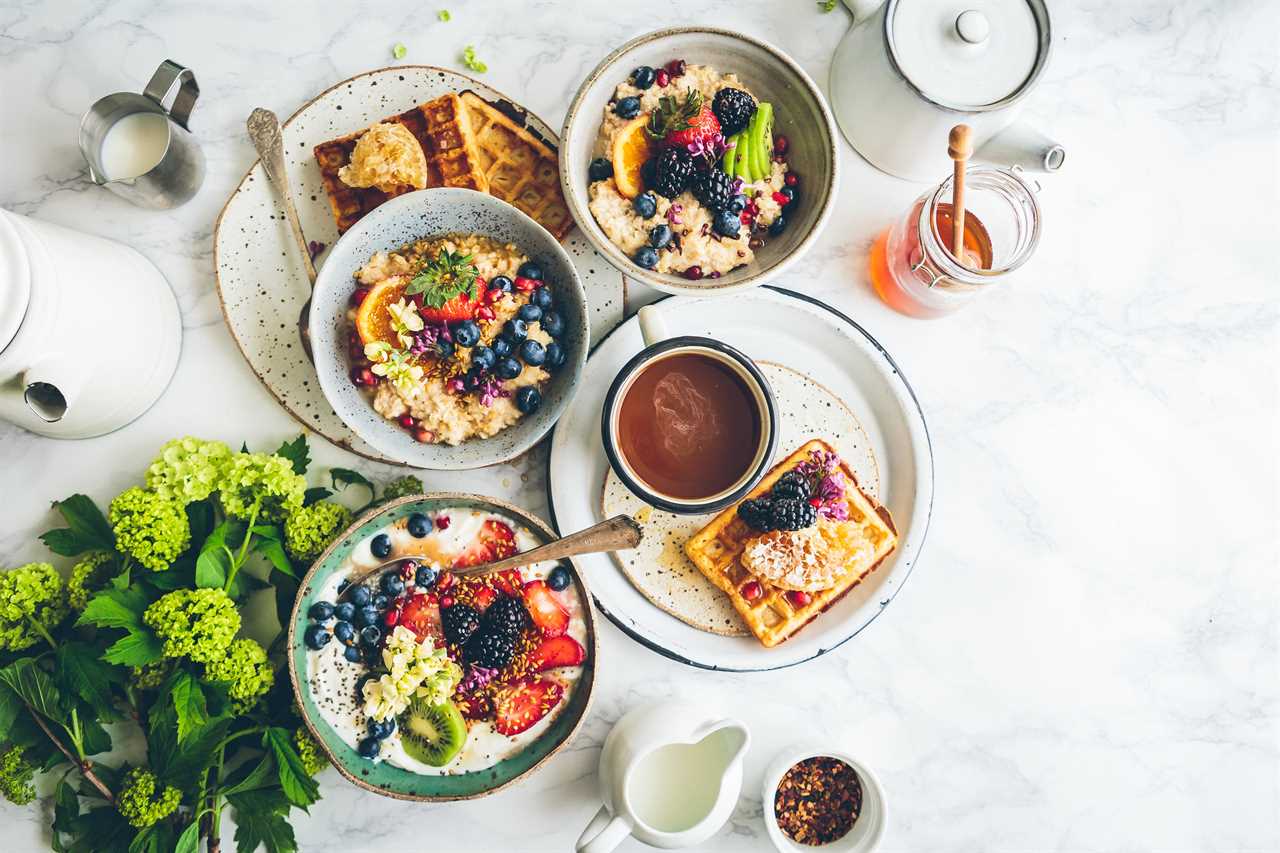
Embracing Culinary Exploration
Expand your culinary horizons by embracing culinary exploration and trying new meals, techniques, or cuisines to broaden your cooking skills.
Exploring new cuisines allows you to expand your palate and discover new flavors.
Embrace culinary creativity by experimenting with different ingredients and cooking methods.
Don’t be afraid to step out of your comfort zone and try new recipes and ingredients within the categories of food you enjoy.
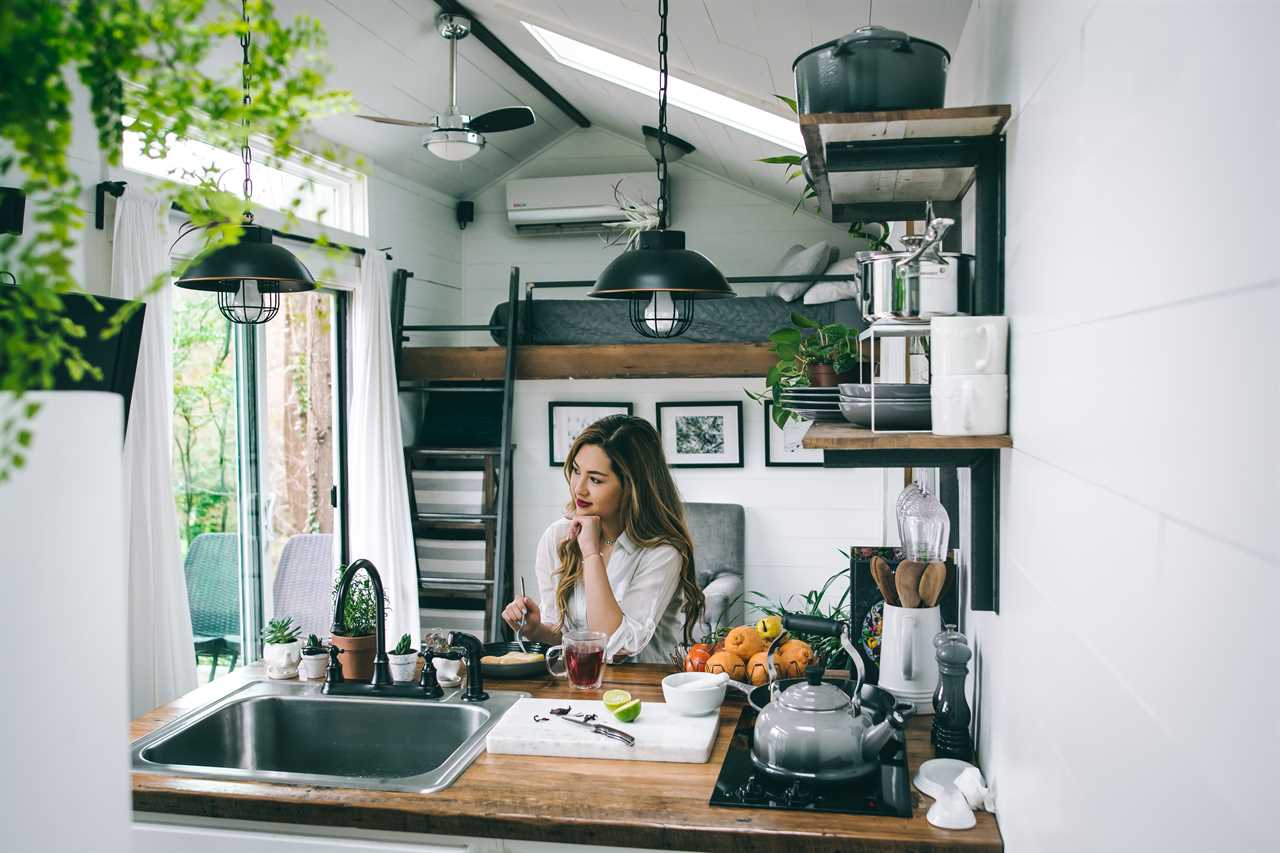
Eating out can also inspire you to recreate your favorite dishes at home.
Whether it’s Thai, Indian, or Mexican cuisine, exploring new cuisines can add excitement and variety to your meals.
Elevating the Meal With Side Dishes and Drink Pairings
Take your meals to the next level by considering the importance of side dishes and drink pairings. When it comes to exploring flavor combinations and creating unique side dishes, there are endless possibilities.
Here are three reasons why you should pay attention to your side dishes and drink pairings:
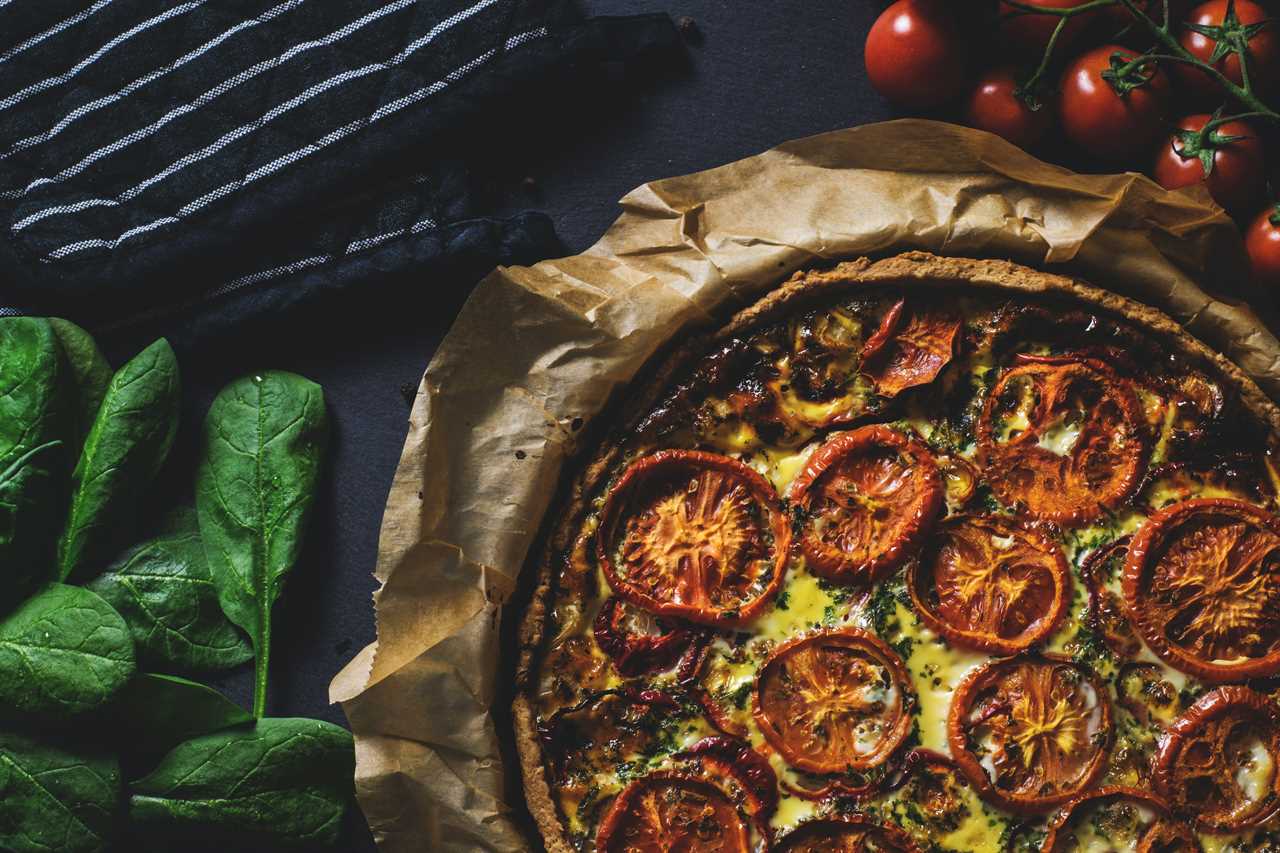
-
Enhance the overall meal experience: Pairing complementary flavors and textures with your main dish can elevate the dining experience. Think crispy roasted vegetables with a juicy steak or a refreshing citrus salad with grilled fish.
-
Create a balanced meal: Side dishes provide an opportunity to incorporate different food groups and nutrients into your meal. By choosing a variety of vegetables, grains, and proteins, you can create a well-rounded and satisfying meal.
-
Showcase your creativity: Side dishes are a chance to showcase your culinary skills and experiment with new flavors and ingredients. Don’t be afraid to think outside the box and create unique combinations that will leave your guests impressed.
Ensuring Food Safety in the Kitchen
When handling food in the kitchen, remember to follow food safety guidelines to prevent foodborne illnesses and ensure the well-being of yourself and others.

Kitchen hygiene is essential for maintaining a safe cooking environment. Wash your hands thoroughly before and after handling food to prevent the spread of bacteria.
Keep raw and cooked foods separate to avoid cross-contamination. The role of temperature in food safety cannot be overstated. Cook food to the appropriate internal temperature to kill any harmful bacteria. Use a food thermometer to ensure accuracy.
Refrigerate perishable foods promptly to slow down bacterial growth. Regularly clean and sanitize your kitchen surfaces and utensils to prevent the accumulation of bacteria.
Learning From Mistakes: a Journey in Cooking
Embrace your mistakes in the kitchen as opportunities for growth and improvement in your culinary journey. Learning from failures is an essential part of becoming a skilled cook. Here are some key takeaways to help you on this journey of growth:
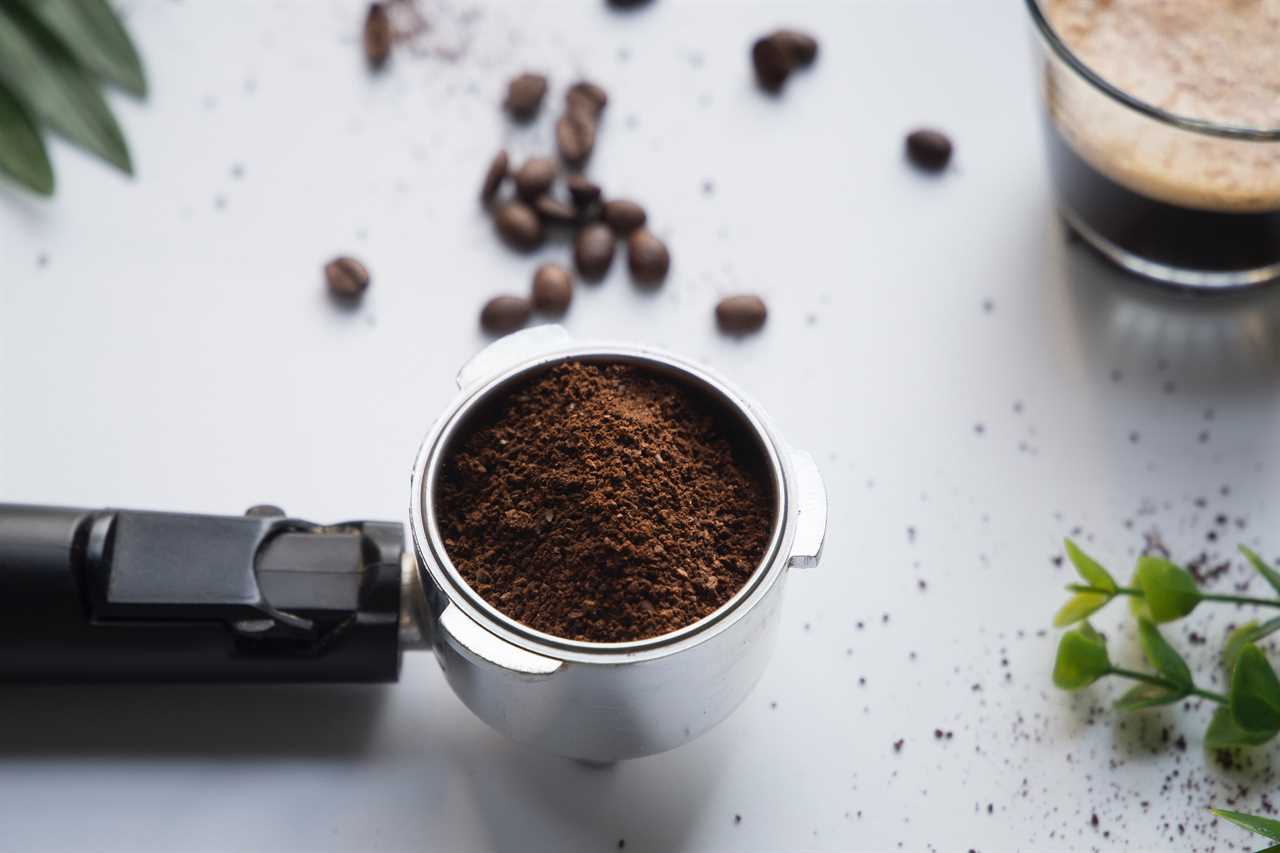
- Embrace experimentation: Trying new recipes and techniques can lead to exciting culinary discoveries.
- Analyze and learn: When a dish doesn’t turn out as expected, take the time to understand what went wrong and learn from the experience.
- Take risks: Don’t be afraid to push the boundaries and try new flavor combinations or cooking methods.
Frequently Asked Questions
How Can I Determine the Right Amount of Seasoning to Use in a Dish?
Experimenting with seasoning amounts is the key to determining the right balance for your dish. Start by adding a small amount of seasoning, then taste and adjust as needed.
Trust your taste buds and let them guide you. Remember, it’s always better to start with less and add more if necessary.
With practice, you’ll develop a sense of what works for different flavors and ingredients. Enjoy the freedom to create delicious dishes that suit your own personal preferences.
What Are Some Common Mistakes Beginners Make When Following a Recipe, and How Can They Be Avoided?
When following a recipe, beginners often make common mistakes that can be easily avoided.
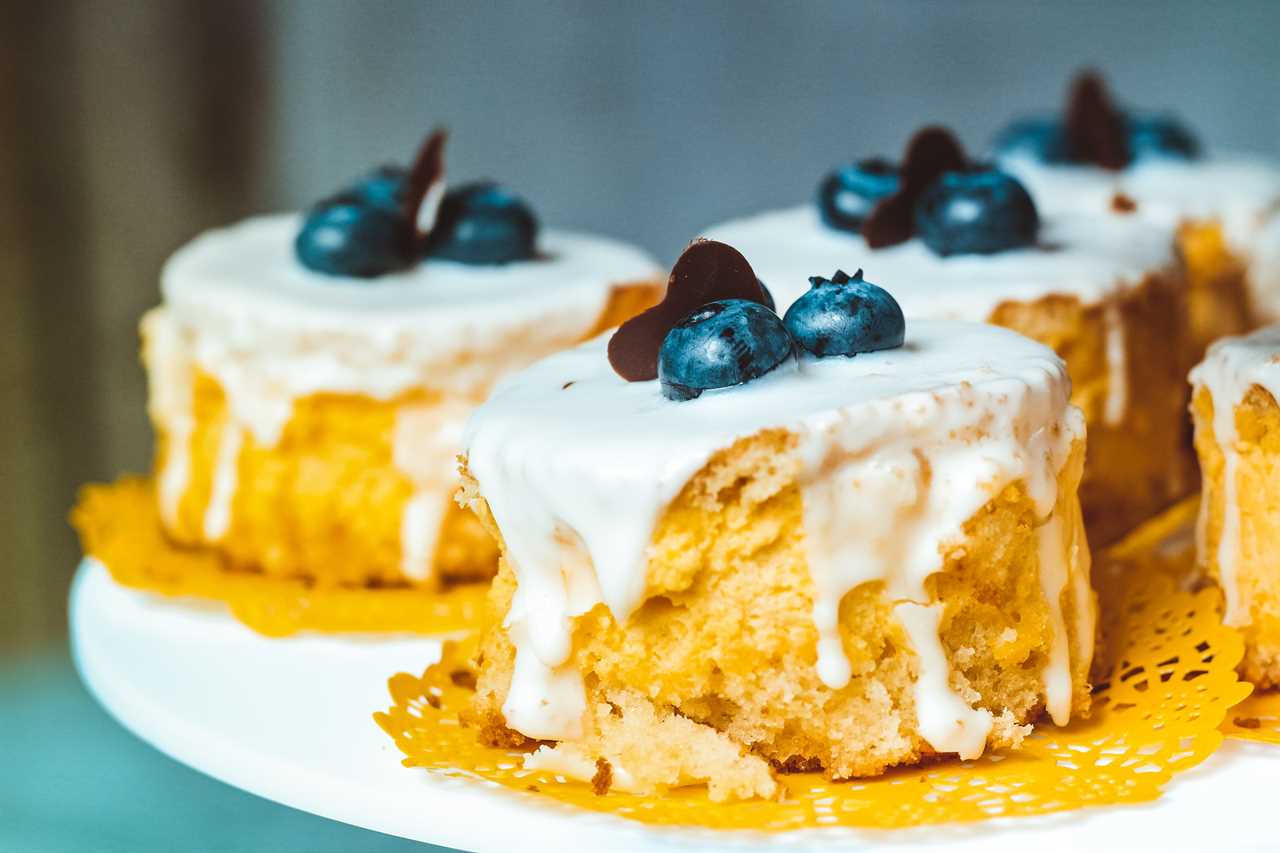
First, overlooking the importance of prepping ingredients beforehand can lead to a rushed and disorganized cooking process. Take the time to gather and measure everything before you start.
Second, neglecting to taste and adjust seasoning throughout the cooking process can result in bland or overly seasoned dishes. Taste as you go and make adjustments as needed.
What Are Some Essential Kitchen Tools and Equipment That Every Beginner Cook Should Have?
When it comes to essential kitchen tools and equipment, there are a few must-haves for beginner cooks.
Kitchen utensils like a durable blender and a good set of knives can make a big difference in your cooking experience.
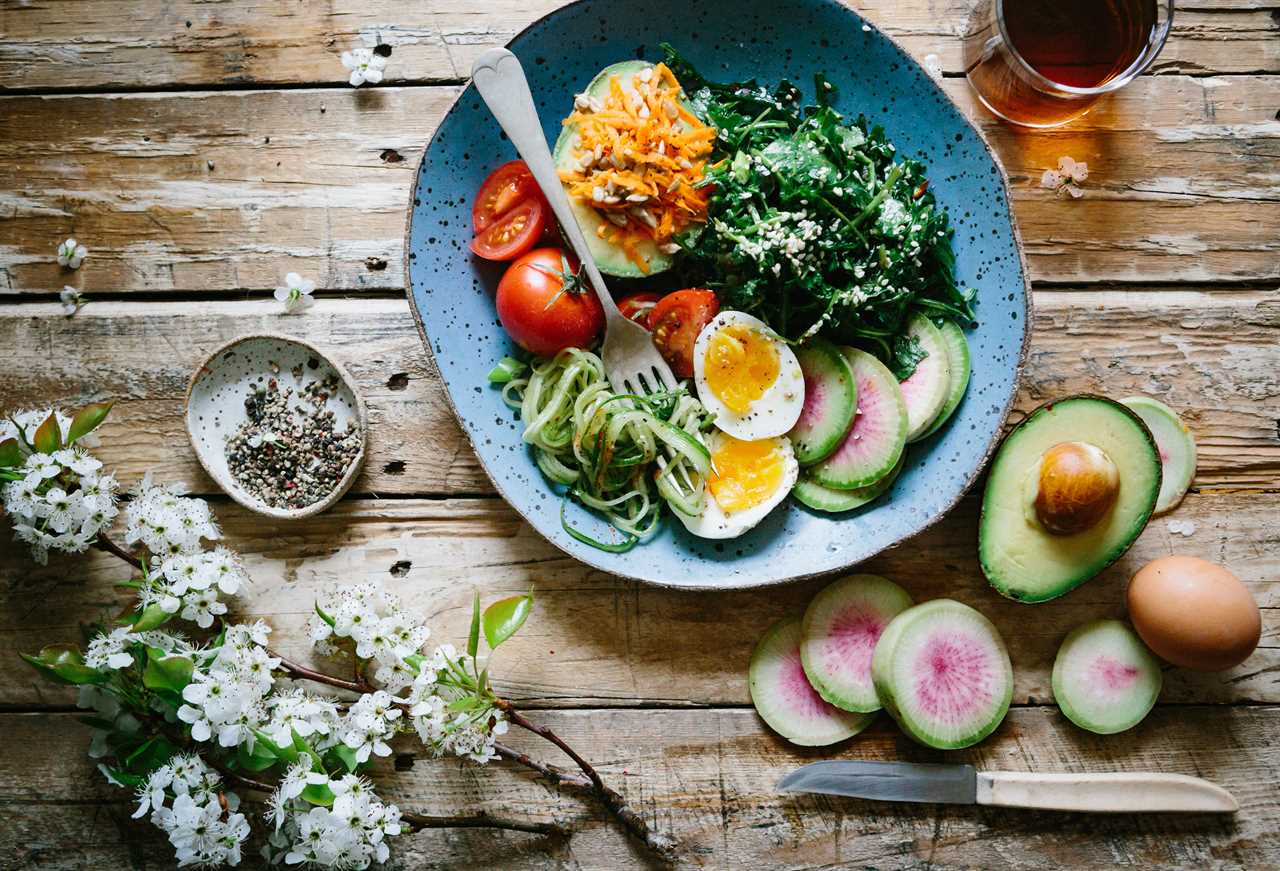
Cooking gadgets like measuring tools, cups, and scales ensure accurate measurements for consistent results.
Don’t forget about other cooking essentials like pots, pans, and baking sheets.
Research different options and choose kitchen supplies that suit your needs and budget.
These tools will set you up for success in the kitchen.
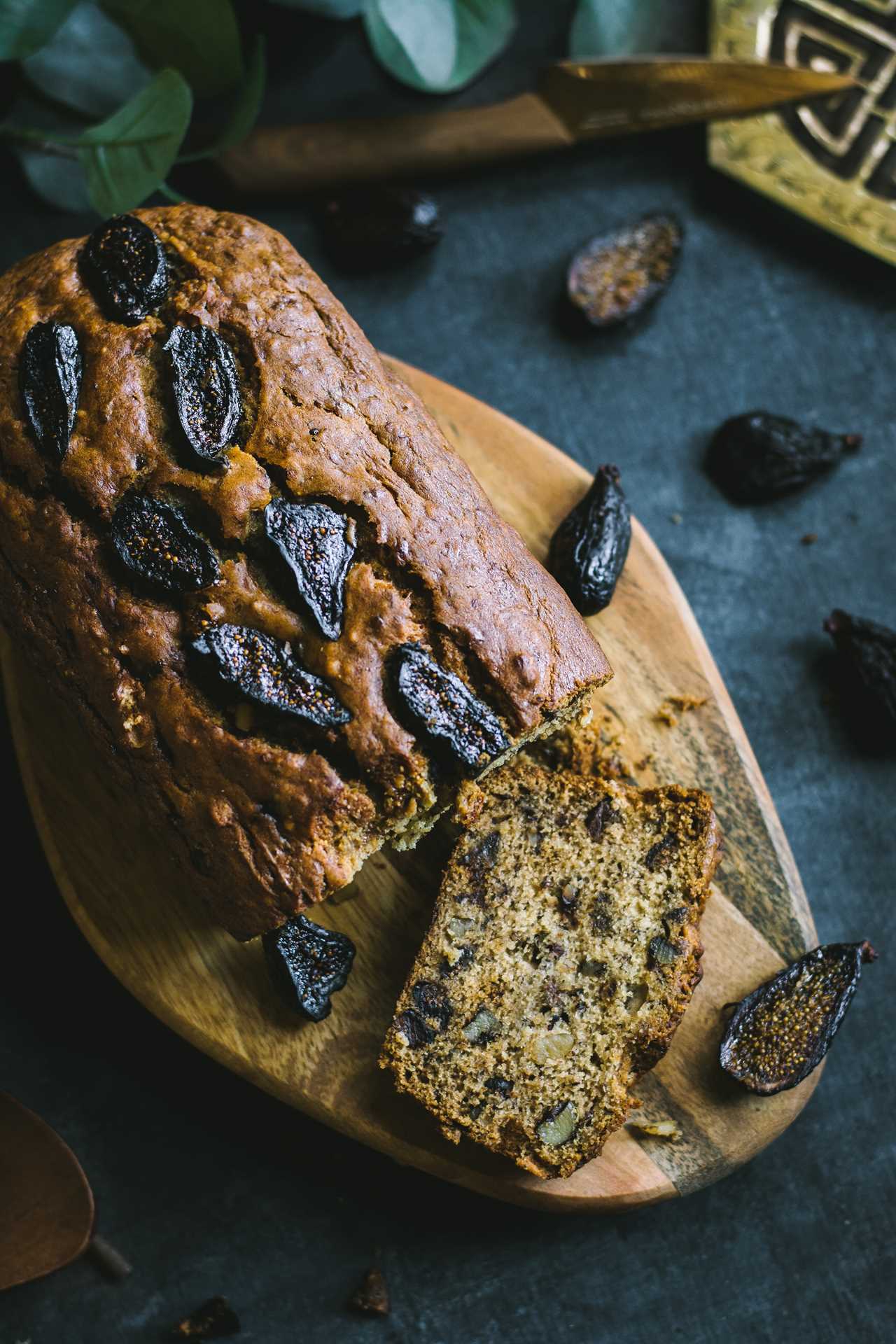
How Can I Identify High-Quality Ingredients When Shopping for Meat and Produce?
When shopping for meat and produce, it’s important to know how to identify high-quality ingredients. Look for signs like vibrant colors, firm textures, and fresh smells.
Sourcing locally can also help ensure the quality of your ingredients. Visit local butchers or farmers markets for advice and recommendations. Online resources and cookbooks can guide you in selecting quality ingredients as well.
Taking the time to find and use high-quality ingredients will greatly enhance the taste of your dishes.
What Are Some Tips for Properly Measuring Ingredients to Ensure Accurate Results in Cooking?
To ensure accurate results in your cooking, it’s essential to use proper measuring techniques.
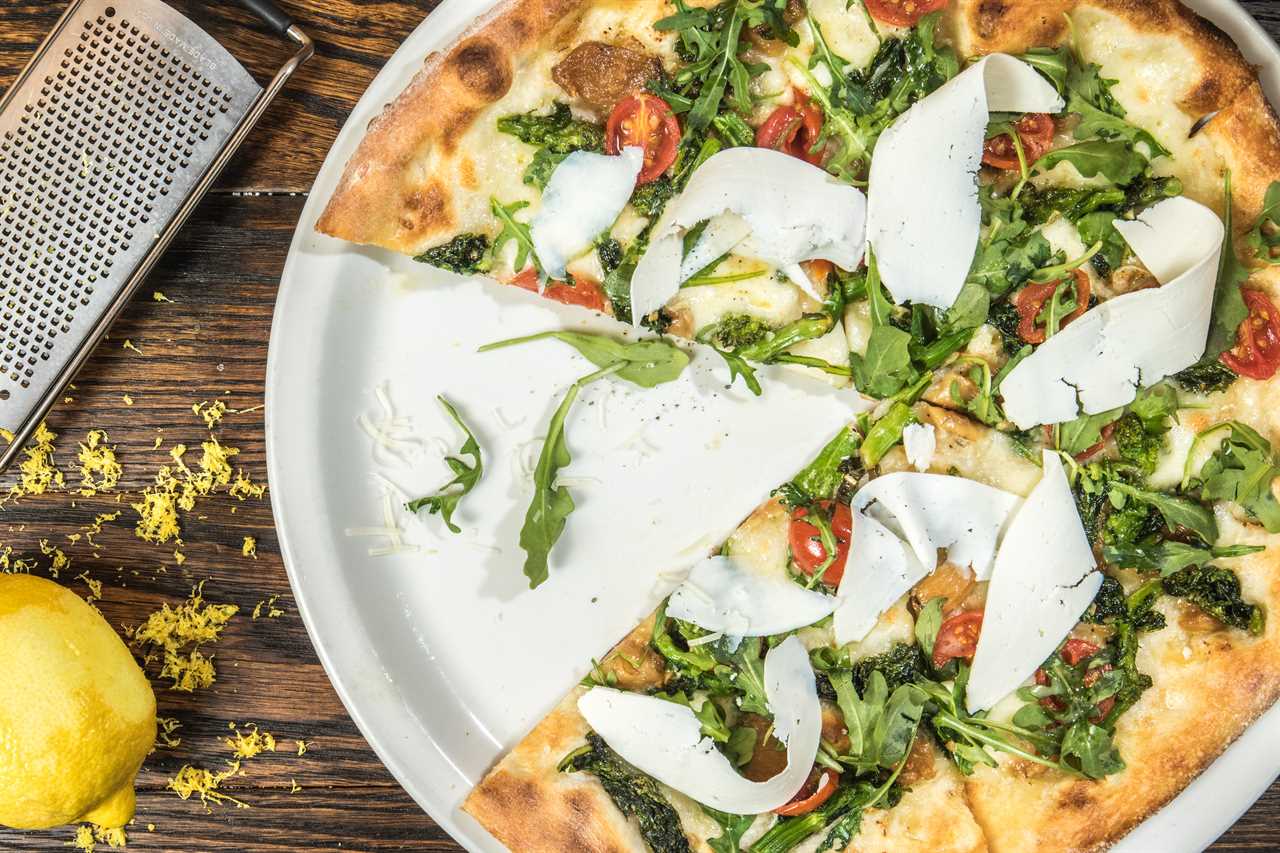
Start by using measuring tools like cups and scales. Pre-measuring ingredients saves time and reduces stress.
Stick to specified measurements, especially for seasoning, to achieve the right balance of flavors.
Additionally, don’t forget the importance of tasting while cooking. It allows you to adjust seasonings and flavors as needed, ensuring your dish turns out delicious.







